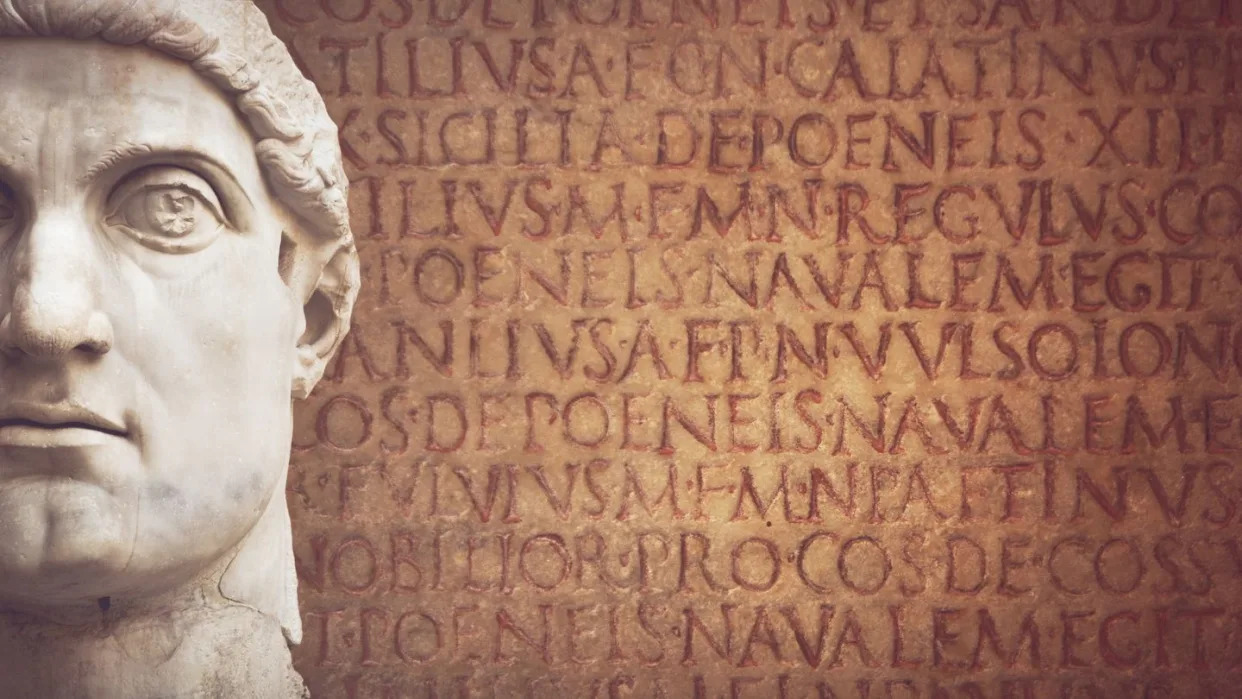Tim Newcomb
Fri, May 17, 2024

Ancient Roman ‘Service Station’ Discovered in UKpiola666 - Getty Images
"Hearst Magazines and Yahoo may earn commission or revenue on some items through these links."
An archaeologically rich area of England’s Cotswold region yielded another find during a highway construction project.
Some of the over 10,000 artifacts located date back more than 12,000 years.
A deposit of Roman-era artifacts is one of the highlights of the discovery.
In a modern-day effort to expand England’s A417 highway through a three-mile stretch in Gloucestershire County, archaeologists found something far from modern: an ancient trove of Roman-era treasures and artifacts dating from the Mesolithic, Neolithic, Bronze Age, and Iron Age.
Experts believe the 85-acre area in the Cotswolds was likely a Roman “service station” with an ancient past.
“We knew that the area had clear archaeological potential, but the results of our fieldwork have exceeded all expectations,” Alex Thomson, Oxford Cotswold Archaeology project manager, said in a statement. “We have been treated to some excellent archaeology that tells a fascinating story about this corner of the Cotswolds across thousands of years.”
And he means up to 12,000 years. The trove of over 10,000 artifacts—when put together, they total over 220 pounds—found on the site dates includes prehistoric flint tools, pottery, countless coins, and jewelry. There were also items from World War II.
The team originally uncovered an Iron Age “banjo enclosure”—likely a settlement that served as a hub for significant activities, such as feasting. The site was akin to a Roman “service station,” Thomson told the BBC, and likely explains why there is such a range of artifacts found.
“We think that our settlement was being used to help with people that were traveling along the road and probably something to do with horses,” he said. “We have a nice Roman building that may have been used as stabling or potentially as somewhere where you could stay the night and have your horses looked after.”
One of the key discoveries was a Roman Cupid figurine, an example of “emotive everyday items from thousands of years ago that give a unique window into life across the ages,” Thomson said. “It wouldn’t have been cheap. It’s a really unusual and special find.”
Other noteworthy finds include a range of brooches (likely from people working in the area) and a Roman nail cleaner featuring a disc-shaped bone bead. “The Romans were very clean people,” Thomson told the BBC. “So, you quite often find nail cleaners, small cosmetic sets, and things like that.”
With the find unearthed, the exploration continues. “Our detailed archaeological excavations,” Jim Keyte, National Highways’ Archaeology project manager for the A417, said in a statement, “have revealed substantial new knowledge about how our ancestors lived and used this landscape. We are now beginning the detailed analysis and interpretation of the finds.”
No comments:
Post a Comment